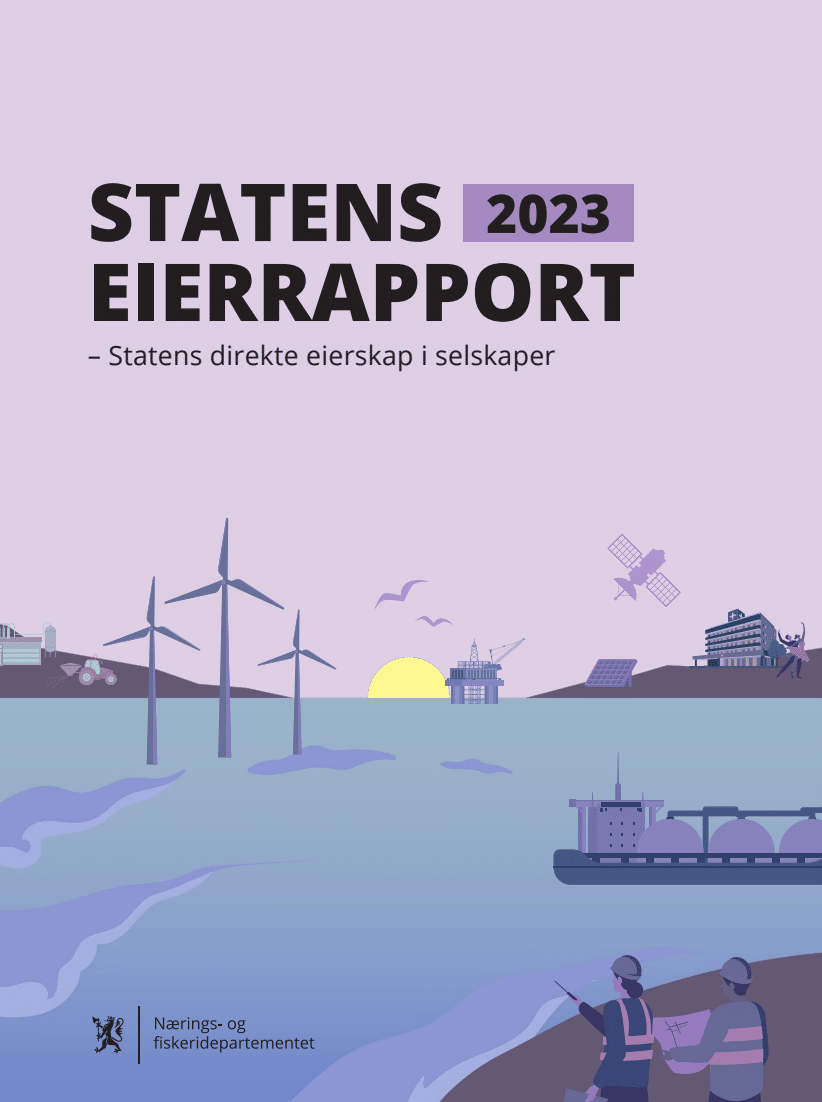
Artificial intelligence can enhance the precision of investments in tomorrow’s business landscape.
Artificial intelligence (AI) will undoubtedly play a pivotal role going forward, and therefore, Investinor has systematically integrated AI solutions into our investment processes.
Our approach is twofold. Externally, an increasing number of companies within Investinor’s portfolio and investment universe are leveraging AI to innovate new products and services, thus creating exciting investment opportunities. Internally, AI is employed to make smarter and more efficient investment decisions. To achieve this, Investinor has carefully phased in AI adoption at a controlled pace, starting with the low-hanging fruits.
A time-consuming task for venture investors is the systematic organization of investment opportunities. Annually, Investinor receives 400-500 inquiries from companies and funds. Previously, investment professionals had to manually extract key information from presentations, spreadsheets, and meeting notes, then store this data in a database for further processing. Today, this task is handled by an AI assistant, freeing up time and resources for more critical endeavors.
One area where we see significant potential for AI to add value is in streamlining our strategic processes. We are actively engaged in this field.
Investinor aims its direct investments towards companies in the so-called Series A stage. These companies typically have developed a product that has garnered positive market feedback and now require external capital for further growth and development. However, most companies contacting Investinor during the year are in earlier stages of development. Many are startups facing several years of capital-intensive growth before launching a market-ready product. For investors, predicting which companies will successfully navigate this “valley of death” is challenging. Yet, with AI’s assistance, Investinor can identify companies we believe have strong potential to become future Series A firms.
Central to this effort is a proprietary AI tool named Trønderbrain. This tool aggregates data about relevant companies from sources such as company presentations, websites, and news, then ranks these companies based on various parameters including founding team, market potential, competitive landscape, co-investors, and ESG profile. Each company is assigned a score based on this analysis. Simultaneously, the investment team receives a series of questions from the AI agent deemed crucial for making a qualitative assessment of the “case.”
While this screening doesn’t provide definitive answers on which companies Investinor should back, it significantly reduces the number of relevant companies from hundreds to tens. As a result of this vetting process, Investinor identifies which companies merit further investigation.
Investinor not only invests in companies but also in funds. Following the lifting of restrictions on co-investments in 2023, the investment universe expanded to include over 400 of Norway’s top-rated startups. By feeding information about these companies into Trønderbrain, fund investments can be utilized to make more precise direct investments.
Another area where data-driven assessments are becoming increasingly crucial for early-stage investors is within ESG (Environmental, Social, Governance) considerations. Trønderbrain assesses and ranks companies’ risk factors based on technology type, sector, and other factors related to their environmental footprint. Equally important is identifying companies developing products and services that address one or more sustainability challenges (the so-called handprint). These evaluations are conducted using frameworks like SDGs (Sustainable Development Goals) and CSRD (Corporate Sustainability Reporting Directive). Moreover, AI tools estimate both the negative and positive impacts of potential new investments. While these analyses are far from perfect, their quality surpasses what is typically achieved at this stage of the selection process. Another clear advantage is that the same methodology is applied uniformly across all companies, providing substantial value for investors seeking to compare and rank multiple opportunities.
In summary, AI has become a central tool for both streamlining internal processes and making Investinor’s investments more precise. By automating manual and time-consuming tasks, staff members have more time to engage with people and perform other critical tasks essential for making informed investment decisions.


Junior Associate Mika Myrseth is the main architect behind Trønderbrain, which has been developed in close collaboration with the professional departments at Investinor. Photo: Henrik Fjørtoft

Minister of Trade and Industry, Cecilie Myrseth, presented the State's ownership report in Oslo on June 12. Photo: NFD / David Berg Tvetene